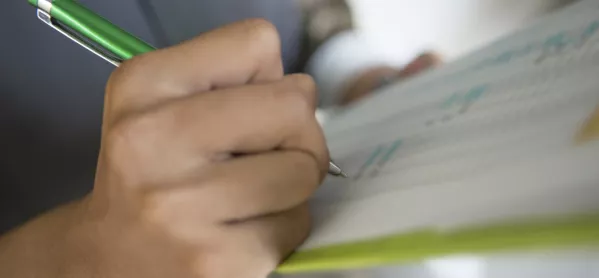Teachers and school leaders are fully aware of the importance of Key Stage 3. Schools go to great efforts to ensure that children have a smooth transition from primary to secondary school. Teachers know that high-quality teaching and learning will lead to academic success in three or four years’ time when the children take their GCSEs.
Here at Great Torrington School, we have put a significant amount of time, training and resources into improving the education of our pupils at Key Stage 3. One member of the senior leadership team has the specific role of monitoring the academic progress of children from Year 5 to Year 9. Our comprehensive transition programme involves a three-day camping trip. We have even introduced a project-based curriculum in year 7 that embeds key learning skills that pupils developed in junior school (see 4 September issue of TES).
But, unfortunately, the government and Ofsted have made GCSE results day in August an incredibly high-stakes event and schools need good results - now.
GCSE results below expectation are the one thing that can trigger Ofsted inspections, cause whole leadership teams to be removed and alter the governance of a school. With the introduction of performance-related pay, schools use GCSE results as evidence of a teacher’s performance. Failure to achieve five good GCSEs including English and Maths could prevent pupils being enrolled on the Key Stage 5 course that they want and change the path of their life.
On top of all of this, examination boards are in the process of making GCSEs more rigorous, completely changing specifications in every subject, increasing content and overhauling the assessment and grading system.
So no wonder that school leaders, governors and teachers prioritise examination classes when considering the allocation of staff, resources and training. The system, as it currently stands, gives us little choice but to do that.
John Stanier is assistant headteacher at Great Torrington School in Devon




